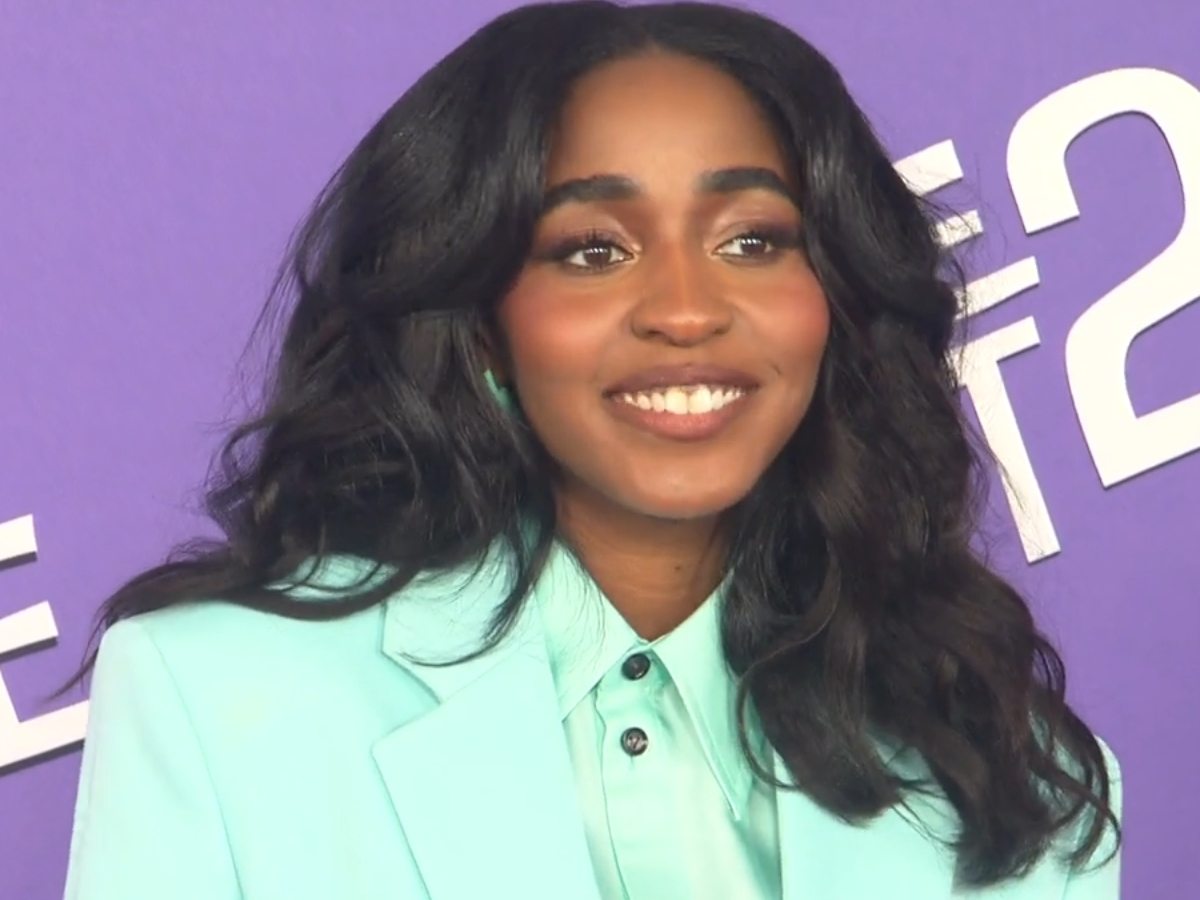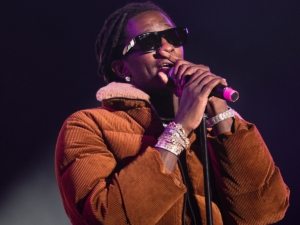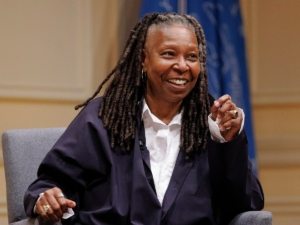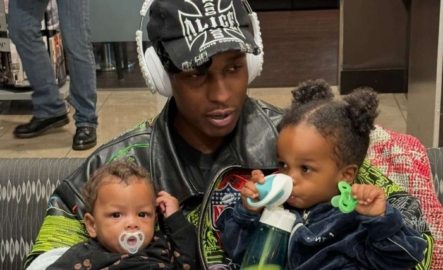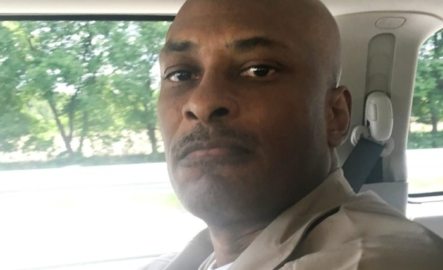An Italian journalist, who came under scrutiny after she snubbed actress Ayo Edebiri while asking a question about Black Lives Matter and #MeToo during an interview, took to social media to clarify her actions.
According to the Los Angeles Times, the incident occurred at the Venice Film Festival, where Edebiri, 29, along with fellow Hollywood stars Julia Roberts and Andrew Garfield, were discussing their film, After the Hunt, during a press event.
In the video that has since gone viral, the journalist, Federica Polidoro, is heard asking about the “politically correct era” and what “to expect in Hollywood after the #MeToo movement and Black Lives Matter are done.”
But Polidoro raised eyebrows when she posed those questions to Roberts and Garfield, who are White. In the video, Garfield and Roberts appear to look at each other when Polidoro says the question is for them.
And though Roberts asks Polidoro to repeat her question, which she does, the journalist reiterates that the question is for her and Garfield. Edebiri, who is of Bajan and Nigerian heritage, is seen giving a seemingly confused look before she interjects.
“I know that that’s not for me and I don’t know if it’s purposeful that it’s not for me — but I am curious — but I don’t think it’s done,” Edebiri says. “I don’t think it’s done at all.”
“I think maybe hashtags might not be used as much, but I do think that there’s work being done by activists, by people, every day, that’s beautiful, important work that’s not finished,” the Inside Out 2 star adds.
“That’s really, really, really active for a reason. Because this world is really charged. And that work isn’t finished at all. Maybe there’s not mainstream coverage in the way that there might have been, daily headlines in the way that it might have been, eight or so years ago, but I don’t think it means that the work is done. That’s what I would say.”
Garfield also responds in the affirmative, saying, “The movements are still absolutely alive. Just maybe not as labeled or covered or magnified as much in this present moment.”
After the video went viral and Polidoro came under scrutiny, she took to Instagram on Monday to provide some clarification and also state that she was being attacked over how she “phrased” her question.
“Following an interview, I have been subjected to personal insults and attacks because of a question that, for some reason, was not well received by some members of the public,” she wrote. “I find it striking that those who unjustly accuse me of racism and consider themselves custodians of justice find acceptable violent language, personal attacks, and cyberbullying.”
Polidoro added: “I would like to clarify that, rather than focusing on the thoughtful responses of Ayo Edebiri, Julia Roberts, and Andrew Garfield, the discussion continues solely on how I should have phrased the question. All the contributions from those present were reported in full in the published interview, without any omissions.”
She also stated that she wasn’t currently “aware of any protocol that dictates the order in which questions must be asked in an interview.”
“Censoring or delegitimizing questions considered ‘uncomfortable’ does not fall within the practice of democracy. Only the Journalists’ Association is authorized to evaluate the work of professionals in the field, not social media tribunals,” she continued.
Polidoro then addressed people who “unjustly” accused her of racism, saying that she had “interviewed people of every background and ethnicity, and my own family is multi-ethnic, matriarchal, and feminist, with a significant history of immigration.”
“I have collaborated for over twenty years with numerous national and international publications of all political orientations, always approaching my work with openness and professional rigor. In my view, the real racists are those who see racism everywhere and seek to muzzle journalism, limiting freedom of analysis, critical thinking, and the plurality of perspectives,” she stated.
To conclude, Polidoro wrote: “Journalism’s role is to ask questions, even on delicate topics, with respect and responsibility. I will not tolerate or accept defamatory or violent language, and I reserve the right to seek legal protection against those who, in recent days, have chosen to hide behind the digital mob to insult and attack me instead of seeking a civil and constructive discussion.”

